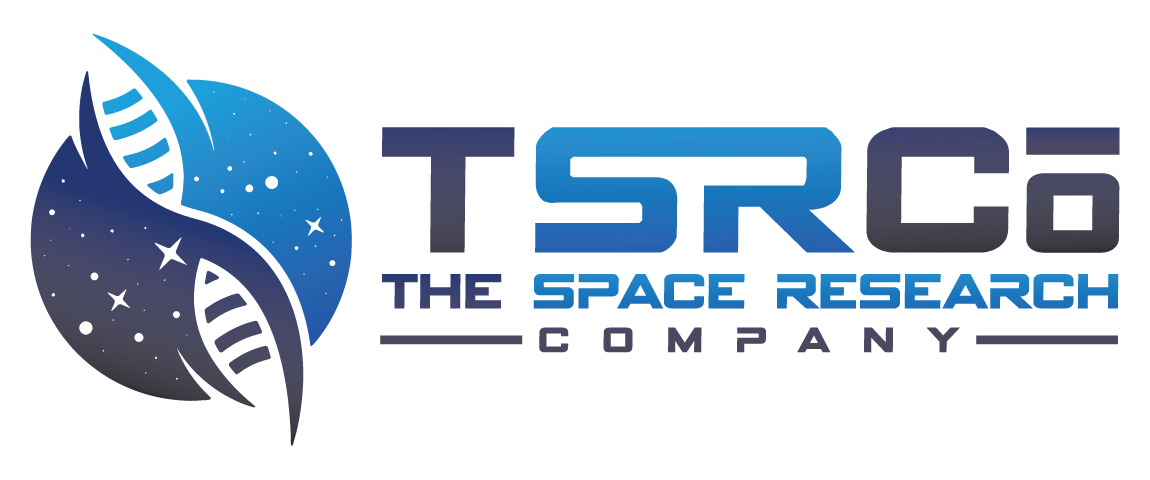

Our research work falls into three main categories: biology in space, human spaceflight, and complex systems. Findings from all three areas are leveraged to contribue towards the development and sustainment of a human space-faring civilization. By building a strong understanding of the effects of spaceflight on living things, we can strive to build more robust, reliable, and highly capable systems for humans to live and thrive in space.
The extreme and unique environment of space creates a challenging place to live in for Earth-based biology. By understanding how organisms adapt to these extreme environments provides greater insight to our own biological mechanisms.
For space colonization to occur, we need humans to, at minimum, survive in space. What are all the important aspects to keeping humans alive in space? Accommodating humans for their basic needs is a starting point, but what about other needs like psychological well-being? How do we best accomodate and utlize the astronauts that we send to the unknown?
Building a spacecraft and monitoring astronaut health and performance can be viewed as complex systems. Characteristics of complex systems are indentified by their interconnected subsystems, layered decision impacts, and numerous connected nodes. Finding ways to identify, characterize, and utilize complex system dynamics can provide insights about the systems we build and study.